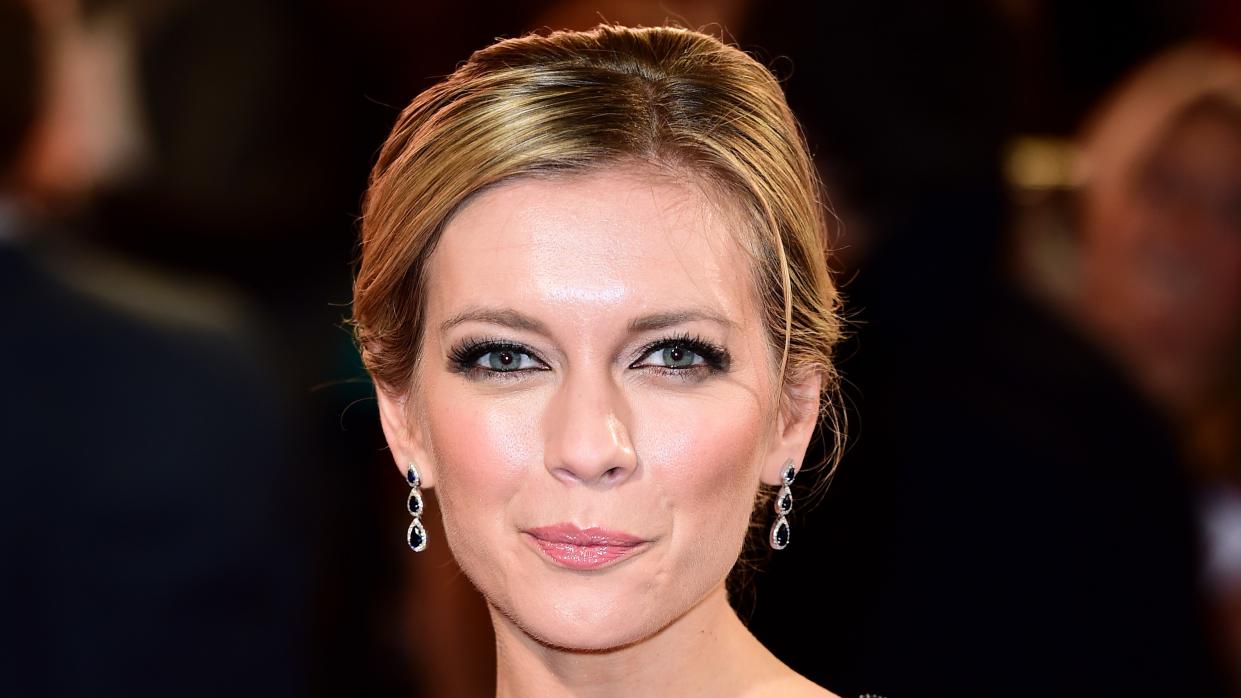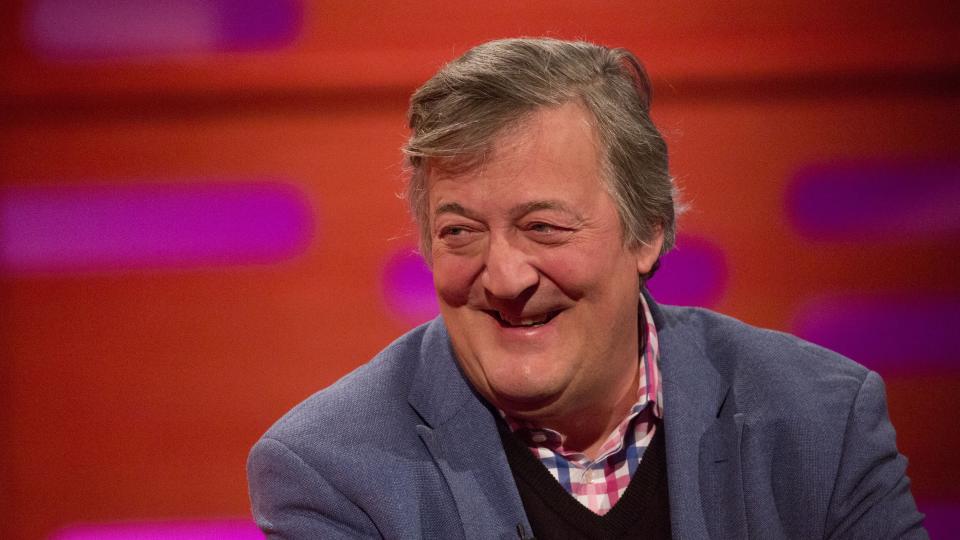Rachel Riley and Stephen Fry among celebrities who reject proposed boycott of Eurovision in Israel

Rachel Riley, Stephen Fry and Sharon Osborne are among a number of stars who have spoken out against a proposed boycott for this year’s Eurovision Song Contest.
The 2019 edition of the annual show is set to take place in Tel Aviv, Israel in May, after singer Netta won the country’s right to host the competition by winning in Lisbon last year.
However, a number of campaigns are calling for the competition to be boycotted due to the Israeli conflict currently taking place in the Gaza Strip.
But now the likes of Riley, Fry, Osborne and various other celebrities have signed a counter-petition, calling for the competition to go ahead as planned.
Read more: Rachel Riley drawn into row with Corrie actress over female circumcision

The petition states that Eurovision’s “spirit of togetherness” is “under attack by those calling to boycott Eurovision 2019 because it is being held in Israel, subverting the spirit of the contest and turning it from a tool of unity into a weapon of division”.
It continues: “We believe the cultural boycott movement is an affront to both Palestinians and Israelis who are working to advance peace through compromise, exchange, and mutual recognition. While we all may have differing opinions on the Israeli-Palestinian conflict and the best path to peace, we all agree that a cultural boycott is not the answer.”
Read more: Rachel Riley ‘moved to tears’ over support in fighting back at anti-semitic trolls
Creative Community for Peace (CCFP), the non-profit organisation behind the petition, has been signed by more than 100 individuals from the entertainment industry, which also includes Kiss lead singer Gene Simmons and comedian Al Murray.
Ari Ingel, director of CCFP, said: “The members of the entertainment industry who have signed this statement, along with the thousands of individuals who have endorsed its message, all believe in building bridges through music and the arts as a means to achieving greater understanding and peace in the region.”

 Yahoo News
Yahoo News 
